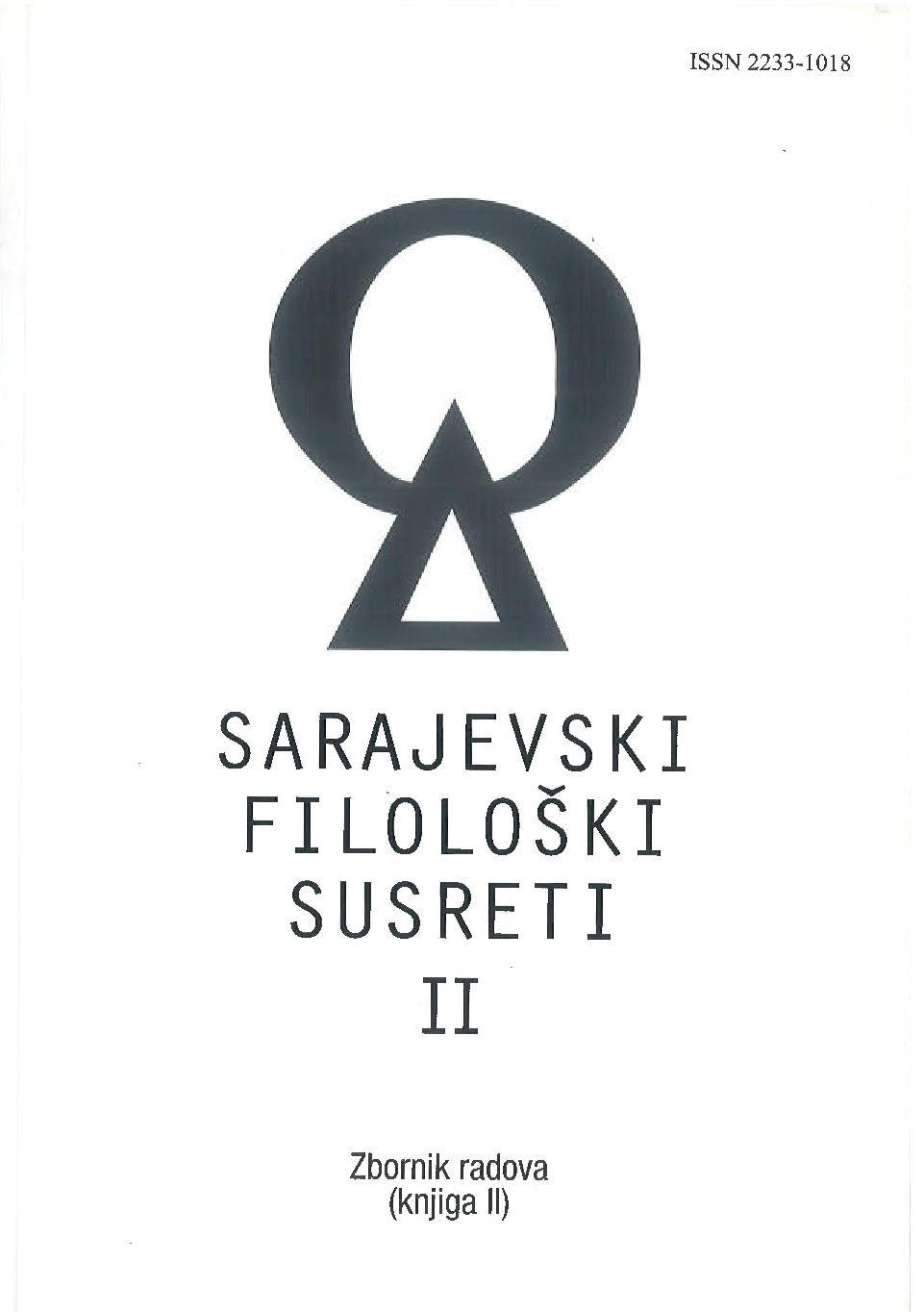IZMEĐU BOSNE, DALMACIJE I ZAGREBA – JERGOVIĆEVIH JUNAKA “ŽIVOT U KOLODVORSKOJ ČEKAONICI”
BETWEEN BOSNIA, DALMATIA AND ZAGREB – MAIN CHARACTERS OF JERGOVIĆ’S PROSE "LIFE IN A RAILWAY WAITING ROOM"
Author(s): Ewa SzperlikSubject(s): Bosnian Literature, Croatian Literature
Published by: Bosansko filološko društvo
Keywords: hybrid identity; Croatian-Bosnian literature; borderline literature/writer; literary field;
Summary/Abstract: The analysis of selected novels by Miljenko Jergović makes one reflect on a phenomenon typical of postmodernism: hybrid identity. For years, this Bosnian-born Croatian writer has garnered controversy, particularly in Croatia, due to both his national status and (Croatian?) works. After the break-up of Yugoslavia, the political discourse in Croatia excluded “being in between” – existing and creating in several cultural models, or on their fringes, simultaneously. Today the works of Jergović fit the canon of modern Croatian (as well as Bosnian) literature. Jergović’s works are predominantly located in an area composed of Bosnia and Dalmatia. This space is strongly depicted as a paradigm of the complex identity of the writer himself, and of the characters in his novels. Bosnia-Dalmatia as the superior locus is strongly connected to autobiographical elements. In this way, Jergović and other writers from Bosnia have initiated the phenomenon of broadening the literary field (according to P. Bourdieu: a piece of universe, an author’s subjective intention) of Croatian Bosnian literature, locally rather than nationally. This broadening occurs in the thematic aspect by weaving tradition and the local colors of Islam and the Orient. In terms of intercultural dialogue, the erasing of borders between Western (Croatian, Dalmatian) and Eastern cultures is examined.
Journal: Sarajevski filološki susreti: zbornik radova
- Issue Year: 2/2014
- Issue No: 2
- Page Range: 248-264
- Page Count: 14
- Language: Croatian

